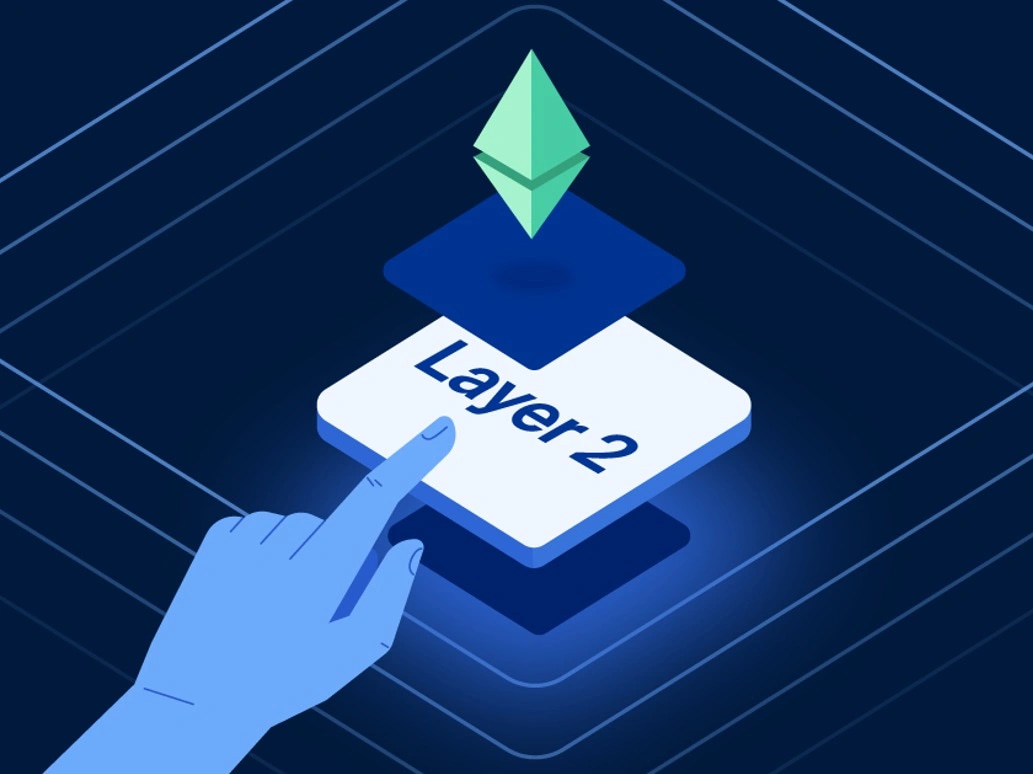Key Takeaways:
- Web3 gaming empowers players with true ownership of in-game assets through blockchain technology and NFTs.
- Play-to-earn models turn gameplay into income, allowing players to earn gaming tokens and real-world rewards.
- Venture capital is fueling growth, driving innovation in blockchain games, NFT economies, and cross-platform ecosystems.
The gaming industry is undergoing a revolutionary shift. With the rise of blockchain technology, traditional gaming models are evolving into immersive, decentralized ecosystems where players can truly own their digital assets. From Web3 gaming platforms to play-to-earn models and NFT games, blockchain is redefining how we interact with games, creating new opportunities for both players and investors.
The Rise of Web3 Gaming
Web3 gaming represents the next frontier in interactive entertainment. Unlike traditional games where progress, items, and rewards are locked within a developer’s ecosystem, Web3 games leverage blockchain technology to give players verifiable ownership of in-game assets. These assets, often represented as NFTs (non-fungible tokens), can be traded, sold, or used across multiple platforms.
This decentralization not only empowers players but also encourages new forms of creativity and community engagement. Gamers can now participate in governance decisions, shaping the future of the games they play. For developers, this opens avenues for creating sustainable economies within their gaming worlds.
Play-to-Earn: Gaming Meets Financial Incentives
One of the most transformative trends in blockchain gaming is the play-to-earn (P2E) model. In a P2E game, players earn tangible rewards—such as gaming tokens or NFTs—through gameplay. These rewards can be converted into cryptocurrency or used within other digital ecosystems, giving real-world value to time spent in-game.
This model has attracted millions of players worldwide, especially in regions where traditional income opportunities are limited. Games like Axie Infinity and The Sandbox have demonstrated that P2E gaming can be both entertaining and financially rewarding. Venture capital in gaming has followed suit, funding startups that aim to scale these innovative economies.
NFT Games and True Digital Ownership
NFT games take the concept of digital ownership to the next level. Every item, character, or collectible in these games exists as a verifiable asset on the blockchain. This means players can truly own and control their in-game possessions, breaking free from the limitations of conventional game economies.
Beyond ownership, NFT games foster secondary markets where rare items can be bought, sold, or auctioned. This creates dynamic in-game economies, offering both players and investors opportunities for profit and engagement. Moreover, the scarcity and uniqueness of NFTs add an extra layer of value and excitement to gaming experiences.
Venture Capital and the Future of Blockchain Gaming
The rapid growth of blockchain gaming has caught the attention of venture capitalists. In 2025, investments in Web3 gaming projects have surged, funding innovations ranging from virtual worlds to blockchain-based esports. These investments are critical for scaling infrastructure, improving gameplay, and attracting new audiences.
Venture capital also fuels the development of cross-platform gaming ecosystems, enabling interoperability between games and expanding the potential of digital economies. As investors continue to pour capital into this space, the lines between gaming, finance, and technology are increasingly blurred, signaling a new era of interactive entertainment.
Conclusion: A New Era of Gaming
Blockchain technology is transforming gaming from a purely recreational activity into an interconnected, player-driven economy. Web3 gaming, play-to-earn models, and NFT games are giving players ownership, financial incentives, and governance roles, while venture capital accelerates growth and innovation.
For gamers, this means more control and opportunity; for investors, it represents an emerging market with immense potential. As we move further into 2025 and beyond, blockchain gaming promises to redefine not just how we play, but how we value, trade, and experience digital worlds.
Disclaimer: The information in this article is for general purposes only and does not constitute financial advice. The author’s views are personal and may not reflect the views of GameDegen.com. Before making any investment decisions, you should always conduct your own research. GameDegen.com is not responsible for any financial losses.



